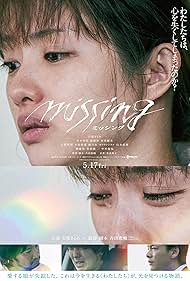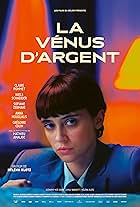The latest film, Missing, directed by Yoshida Keisuke, features Ishihara Satomi in the role of Saori, a mother on a frantic quest to find her abducted daughter. As she navigates a landscape filled with online accusations and a media eager to sensationalize her plight for ratings, her struggle becomes increasingly intense.
Set three months after the abduction of six-year-old Miu, the film portrays Saori (Ishihara Satomi) and her husband Yutaka (Aoki Munetaka) as they grapple with despair while continuing their search. With the police investigation yielding no results, they turn to television reporter Sunada (Nakamura Tomoya), whose attempts to engage the public also fall short.
Yoshida skillfully reveals the deep anguish of a family pushed to their limits, juxtaposing their pain with Sunada's ethical dilemmas in a society hungry for sensational stories. The film is infused with raw emotion, often resembling a docudrama.
In this directorial effort, Yoshida steers clear of clichéd melodrama, instead offering a nuanced portrayal of the aftermath of the kidnapping. While it's easy to empathize with Saori, her aggressive demeanor raises questions about whether her confrontational behavior is a reflection of her mental strain or a more common response in such dire situations.
At its heart, the film explores the missing person case amid the chaotic media coverage and social media frenzy, gradually painting a picture of today's complex societal fabric. While it showcases individuals who relentlessly push negative narratives, it also hints at moments of inherent goodness. Yet, within this chaos, Saori and those around her are slowly worn down.
Rather than seeking to evoke sympathy for its characters, Missing presents a stark reality. Despite Yoshida's unflinching approach, the film carries an underlying sense of gentleness, making it a compelling piece of cinematic art.






















